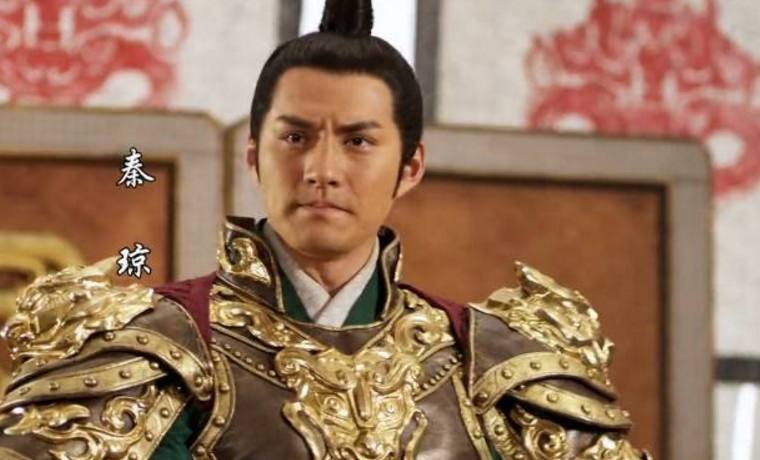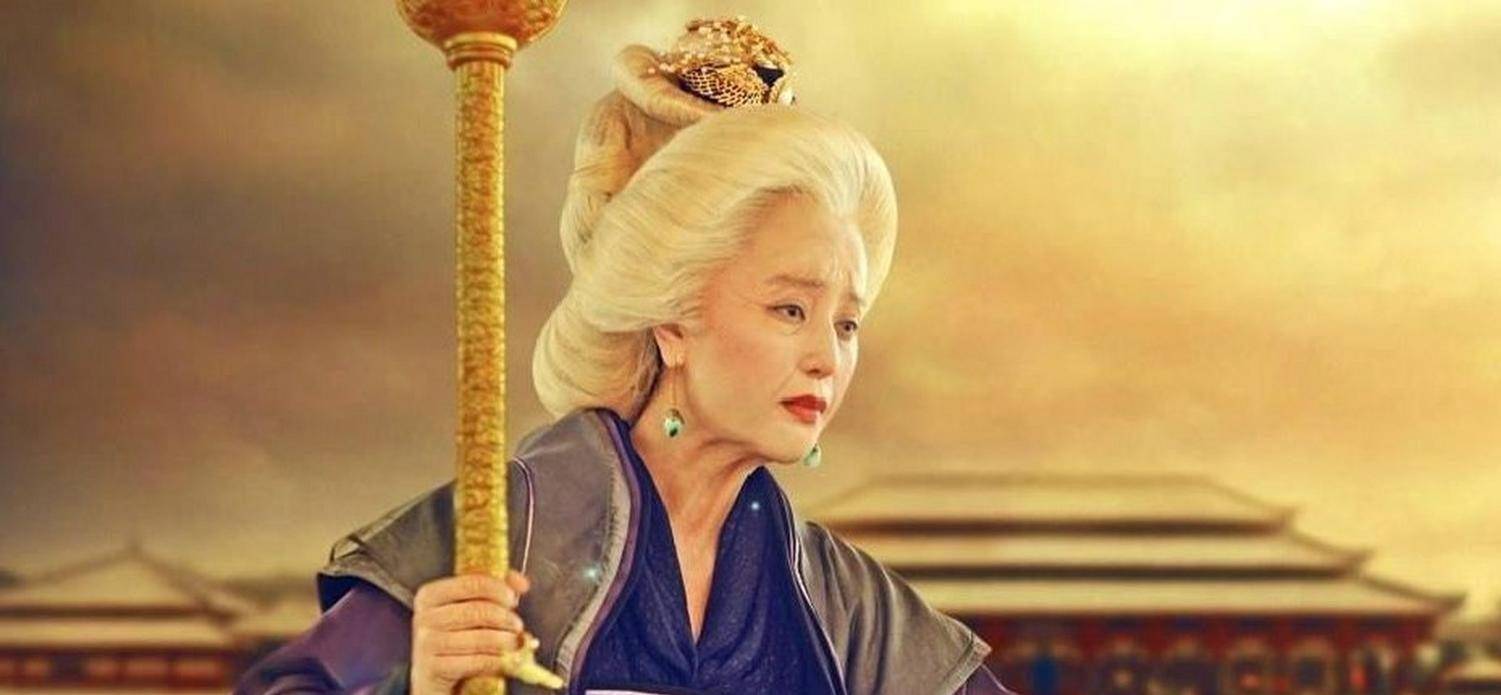Bai Juyi and Yuan Zhen, also known as “Yuan Bai”, shared the same aspirations and jointly initiated the New Yuefu Movement. They both held the ambition of benefiting the world and founded the Yuan Bai Poetry School together.

Bai Juyi was born in Zhengxin, Henan, and Yuan Zhen was born in Luoyang, Henan. Although they are both in Henan, transportation was inconvenient in ancient times, and the two did not have much interaction when they were young. The two first met, probably in Chang’an, and they went to Beijing together to take the exam. 15-year-old Yuan Zhen and 21-year-old Bai Juyi were unaware that this was the beginning of their friendship that lasted for over 30 years.
In the year 803 AD, the two of us were both appointed to the imperial examination and appointed as teachers in the Secretariat Province. As Yuan Zhen wrote, “In the past, we were both filled with blessings, and in the same year, we met officials.” What a fate it was for us to pass the exam in the same year and become officials in the Secretariat Province!
Bai Juyi also chimed in and said, “I am given the same name and body, and my thoughts and feelings can be expressed in a word.” Not only are we officials from the same place, but our aspirations and thoughts are also so similar. Isn’t this also a pleasure?

Both of them are ambitious young people who are fortunate enough to work together, and their friendship naturally deepens day by day. Afterwards, the two of them enjoyed flowers and listened to books together, rode horses in Chang’an, showed mercy in the Chu Palace, wrote poetry after getting drunk, and also supported each other in the ups and downs of the officialdom, expressing their inner aspirations together.
Unfortunately, the good times did not last long. In the 21st year of the Zhenyuan era (805 AD), the “Yongzhen Reform” only lasted for more than three months and ended in failure. Yongzhen Party members represented by Erwang, Liu Yuxi, Liu Zongyuan, etc. were exiled from the court, and some were even persecuted to death.
However, Yuan and Bai, who supported reform, were not spared either. Yuan Zhen was demoted to the rank of Henan Colonel, and Bai Juyi was dismissed from the position of Colonel and promoted to the rank of County Captain. Yuan Zhen, who was demoted, received the news of his mother’s death within a few days. Ding You returned to his hometown, while Bai Juyi was transferred back to Chang’an. The two passed by each other.
In the following decades, Yuan Zhen was demoted to Jiangling, Tongzhou, Tongzhou, and Wuchang; Bai Juyi traveled to Chang’an, Jiangzhou, and Hangzhou, and for over a decade, the two never had the opportunity to drink together again. It’s been years, but it’s hard to see each other again. Even so, their correspondence has never been interrupted.
Once, when Yuan Zhen was on a mission to Dongchuan, Bai Juyi and his friend Li Jian visited Ci’en Temple together. During the meal, they missed Yuan Zhen and wrote a poem: “I suddenly remembered my old friend’s journey to Liangzhou on the same day.” On a spring outing, I saw flowers blooming everywhere, but suddenly remembered that my old friend was still far away in the sky, and I calculated that he should have arrived in Liangzhou by now. Unfortunately, such a beautiful scenery cannot be shared with old friends.
Coincidentally, Yuan Zhen, who was currently in Liangzhou, was also missing Bai Juyi. He dreamed of this in his dream and wrote a poem on the same evening: “The pavilion official called for people to row away horses, and suddenly he was startled to be in ancient Liangzhou.” I dreamed that my old friend, you, was also playing at Ci’en Temple and was eager to go with you, only to discover that he was thousands of miles away in Liangzhou.
These two poems, one reminisces, one reflects, one is real and one is empty, but they all write about the same thing, even though there are thousands of feelings and loneliness that no one can express, they are ultimately different, the helplessness of a young traveler. What kind of tacit understanding and longing can make them go their separate ways, but it’s like traveling together and having fun together?
Yuan Zhen was shocked to hear that Bai Juyi had been demoted to Jiujiang in Tongzhou. He dragged his sick body and wrote, “Sitting up in shock in his dying illness, the dark wind blowing rain into the cold window.” The half bright and half dim candlelight reflected on the window sill, feeling the cold wind blowing through the old window, carrying the rain. At this moment, he also heard the news of his friend’s demotion. Even in his dying illness, he sat up in shock. These three words directly yet profoundly express the magnitude of shock and the sorrow of empathy.
The depth of friendship between Yuan and Bai is clearly visible here. The helplessness and sorrow of the two of them sympathizing with each other slowly emanated. Even the two of them didn’t have to talk freely to each other, and could express their longing to the fullest extent with just the poems carried on the walls of the post office.
A person wrote, “There are several lines of characters on the wall of the postal pavilion… not far from the wall until the time of departure.” As I journeyed through the dust, I encountered an inn and took a nap. I saw many poems by Cui, Li, Wang, and Bai inscribed on the wall, but none of them met my expectations. Until I reached the corner of the wall and found your poem, I felt like a treasure, standing under the wall until I left.
A person sighed and said, “Only the passionate Yuan can serve the emperor, and embroidered clothes are not afraid to be seen in the dust.” My poetry was not appreciated on the wall, only the wind and frost mottled the words. But Yuan Jiu, you empathize with me and even went so far as to use a brocade robe to brush away the dust on the words. The poetry on the wall conveys the feelings of longing to each other, which is truly laughable to read, but also allows one to appreciate the deep emotions contained within.
And when we went through their poetry collections, Bai Juyi wrote “Letter to Yuan Jiu”, “Sending to Yuan Jiu’s Attendant in Tongzhou”, “Sending Emblems”, “Seeing Yuan Jiu’s Poetry”, while Yuan Zhen wrote “Harmony with Lotte”, “Dream of Lotte”, “Rewarding Lotte”, “Sending to Lotte”
They engaged in dialogue through poetry, which may seem ordinary to read, but it is precisely this plainness that gives poetry more meaning and allows these brush and ink poems to transcend the boundaries of time and place, telling the friendship between the two to future generations.
In the fifth year of Taihe reign of Emperor Wenzong of Tang Dynasty (831 AD), Yuan Zhen passed away suddenly. Bai Juyi was in great pain and personally wrote an epitaph to pay tribute to his close friend. Even many years later, Bai Juyi continued to write poems to mourn his old friend: “You buried mud and bones under the spring, and I sent snow all over the earth
You have been gone for a long time, and even your body has turned into dust, while I walk alone in this vast world, with white hair all over my head. This poem has touched the hearts and souls of many people.
Someone has also asked me about the nature of our relationship. I replied that Bai Juyi and Yuan Zhen were lifelong confidants and inseparable friends in life and death. As in “The Sacrifice to Wei”, Bai Juyi recalled his thirty year friendship with Yuan Zhen and said, “Although Gong has not returned, I should continue.” Since you are no longer here, I should also be with you. Just as the body has disappeared and the shadow will also disappear, the skin has died and the hair is no longer there.
This sorrow is like Ziqi’s death, Boya no longer plays the qin; Zijing passed away due to illness, and Ziyou threw the qin in mourning, feeling disheartened. They are each other’s half bodies.


